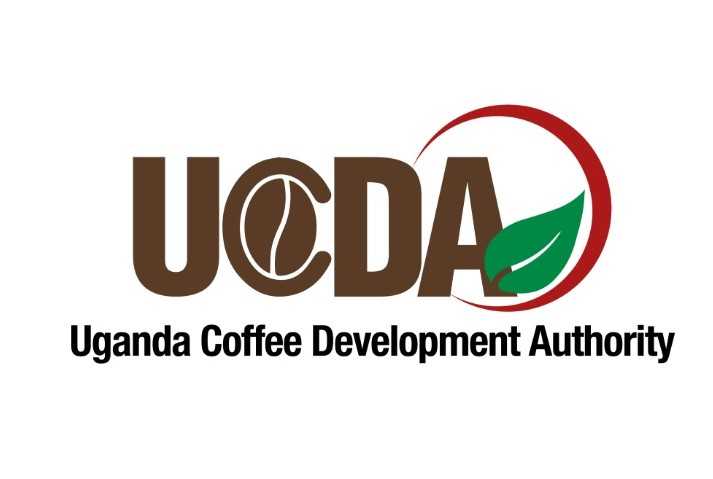KAMPALA, Uganda – The Government of Uganda is committed to register all coffee farmers and have the National Traceability System in place so as to comply with the European Union Regulations on deforestation-free products (EUDR), Dr Emmanuel Iyamulemye, the Managing Director at Uganda Coffee Development Authority (UCDA), has revealed.
Iyamulemye says the National Coffee Register as provided for in the National Coffee Act 2021, will be a precursor to the creation of a National Traceability System (NTS) aligned with European Union Regulations on deforestation-free products (EUDR) requirements.
The register will assign unique identifiers and geolocations to all coffee farms.
Iyamulemye says Government through the Ministry of Finance, Planning and Economic Development is committed to register farmers in a phased manner.
“The exercise requires up to US$9.15m (Shs35.6bn). The Ministry of Finance has committed to provide up to Shs13bn in the 2024/25 Financial Year towards farmer registration and the National Traceability System,” Iyamulemye said, adding that further funds will be provided in subsequent years.
Iyamulemye was speaking at a stakeholders meeting held at Serena Hotel on Tuesday to validate the National Action Plan for compliance with the Corporate Sustainability Due Diligence Directive (CS3D) and EU regulations on deforestation-free products (EUDR) in the coffee value chain.
The meeting was organized by UCDA, in partnership with International Trade Centre and the Uganda Coffee Federation.
To comply with EUDR requirements, Iyamulemye says, Uganda is using the Territorial Approach (TA) in the short run so as to make the country as a whole compliant.
This approach is not a farmer registration system as no farmer data is collected. It is not a coffee traceability system either.
The TA is based on the premises that; coffee production is not a main driver of deforestation. All coffee polygons (including non-compliant ones) can be identified using High Resolution (HR) maps and Artificial Intelligence (AI). Once non-compliant plots are remediated, the territory (country) is compliant in its entirety.
“We are now engaging the EU to accept the Territorial Approach because the deadline is so short (31st December 2024) for us to have the national register and the National Traceability System where each farmer will have a unique code,” Iyamulemye said.
He said many coffee producing countries including Vietnam, Ethiopia, Peru, Guatemala and Tanzania among others are looking at the Territorial Approach in the short run to comply with EUDR requirements.
“We have to show that there’s something we are doing to comply with EUDR requirements,” he said, adding: “Roasters in the EU want Uganda to be compliant with EUDR requirements because our coffee is of very high quality.”










